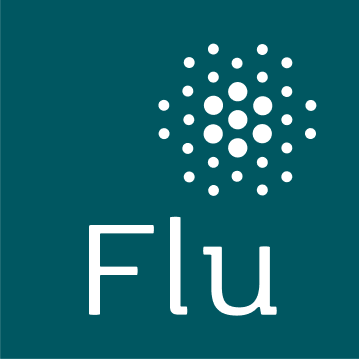Flu Vaccination Recommendations for the 2023-2024 Flu Season
As the 2023-2024 flu season in the Northern Hemisphere begins, the Center for Disease Control and Prevention (CDC) recently published its annual flu vaccination recommendations in the Morbidity and Mortality Weekly Report. These recommendations were originally proposed at the end of June by the Advisory Committee on Immunization Practices (ACIP), a group of medical and public health experts who give advice and make recommendations about vaccines to the CDC.
As before, the CDC recommends that all people who are aged 6 months and older should be vaccinated for the flu, with rare exception. Any flu vaccine that’s appropriate for someone, based on their age and health condition, can be used, whether that vaccine is egg-based or not (most flu vaccines are made using a tiny amount of egg protein). If you have any concerns, ask your healthcare provider whether a flu shot is right for you.
Some things haven’t changed with this new set of flu vaccination recommendations, such as when people should get their flu shots. However, recommendations on vaccination for people with egg allergies have been revised. Recommendations on what inactivated flu strains will be included in flu vaccines have changed, too.
Timing Your Vaccination in the 2023-2024 Flu Season
As with the last flu season, the CDC is recommending that most people get a flu shot in September or October. However, certain groups of people should get a flu vaccine in July or August, before the flu season starts. These include:
- Pregnant people in their third trimester—These people may receive a flu vaccine in July or August, as this will give their babies a level of protection against the flu in the 6 months after they’re born (flu vaccines are not indicated for use in children who are younger than 6 months old)
- Children who require 2 doses of flu vaccine—This category includes children aged from 6 months to 8 years old who are either getting their flu vaccine for the first time, or who have only received one flu vaccine in the past. These children should get their first flu vaccine dose as soon as vaccine is available that season, because the second dose needs to be given at least 4 weeks later
- Children who require 1 dose of flu vaccine—Vaccination during July and August can be considered for children of any age who need only 1 dose of a flu vaccine for flu season. If children are unlikely to see their doctor again in September or October, they can get their flu vaccine during their annual check-ups during July or August
New Recommendation for People With Egg Allergies
One change to the flu vaccination recommendations relates to people with egg allergies.
Severe and life-threatening reactions can occur with any vaccine and in any person who receives a vaccine, regardless of their allergy history. That is why all vaccines should be administered in settings where there are personnel and equipment to recognize and treat any hypersensitivity reactions. If you are not sure whether this applies to you or your child, speak with your healthcare provider before getting a flu vaccine.
Changes to Flu Strains Included in Flu Vaccines
Aside from this, the other change in flu vaccine recommendations isn’t unusual.
The inactivated flu strains that are included in influenza vaccines are sometimes updated before a new flu season. These component updates are made to help flu vaccines more closely match the flu viruses that researchers believe will be in circulation during that season.
This flu season, the three types of flu vaccines that are currently available—egg-based, cell-based and recombinant vaccines—will feature some updated strains based on the ACIP recommendations. This change was made to help these vaccines better match one of the flu viruses predicted to circulate this season.
When there is a good match between the component viruses used in flu vaccines and the flu viruses in circulation, flu vaccines can work more effectively. In the 2022-2023 flu season, there was a good match between vaccines and circulating influenza strains. Early estimates show that people who got their flu shot last flu season had an approximate 40% to 70% lower chance of getting hospitalized for flu illness or complications due to the flu.
Flu vaccination remains the best way to protect yourself against influenza and the complications it can cause. In preparing for the 2023-2024 flu season, make sure you consider this information when you’re scheduling a flu shot for you and your loved ones.

